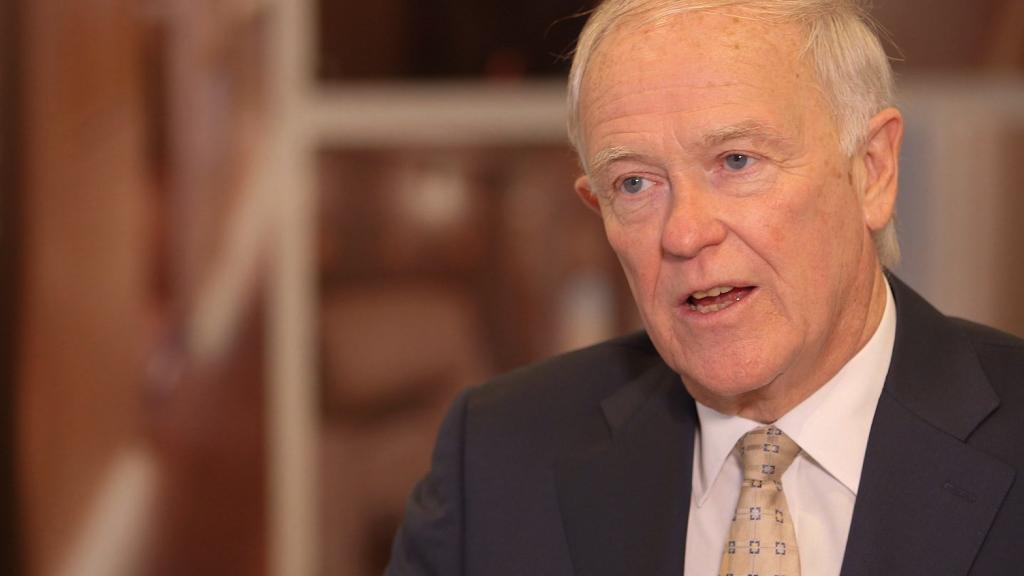
The three big Gulf airlines are looking to Asia as they try to leave the turbulence of 2017 behind.
Trump administration policies, tension with American rivals and regional political upheaval disrupted business at Emirates, Qatar Airways and Etihad last year.
The Gulf carriers have grown rapidly over the past decade by taking advantage of their geographical location to build hubs connecting Asia with Europe and North America.
Now they're looking at ways to grow further within Asia after running into some transatlantic headwinds.
"Despite the unpleasantries, 2017 set in motion strategic developments likely to unfurl during 2018," research firm CAPA - Centre for Aviation said in a recent report. "Asia-Pacific is set to receive more Gulf growth than originally expected," it added.
Related: Big U.S. airlines claim win in Qatar subsidy dispute
Speaking to CNNMoney at the World Economic Forum in Davos last month, Qatar's finance minister said the national carrier is set to launch 10-15 new routes in 2018.
Doha to Bangkok, the capital of Thailand, is one of them, part of Qatar Airways "continued expansion in Southeast Asia," the airline said in a recent statement.
It launched a direct flight to Chiang Mai, Thailand, in 2017 and added a route to Pattaya in January, becoming the first Middle East carrier to fly to the Thai city. It will also start flying to Malaysia's Penang this month.
Qatar Airways is emerging from a particularly rocky year. In addition to being hit by a U.S. electronics ban and travel ban, the airline lost 18 destinations -- and 50 flights a day -- after Saudi Arabia, the United Arab Emirates, Bahrain and Egypt cut diplomatic and transport links with Qatar in June.
"Qatar Airways continues to pursue growth without its key neighboring markets to use as source traffic, while being forced to make significant detours on many routes," CAPA said in its report. "Once they are restored -- as logic suggests they eventually will -- this will provide a boost for the new Qatar," it added.
Also looking east is Etihad. It has announced one new route this year, to Baku in Azerbaijan.
The airline had a rough 2017 as partner airlines in Europe -- Air Berlin and Alitalia -- ran into deep financial trouble. A new group CEO took charge last month.
Analysts say the airline may need a period of reflection before going after new business again aggressively.
"With a new leadership in place, Etihad will be focused on assessing and restructuring their stakes and partnerships with other carriers," said Rob Watts, managing director at Aerotask, a global aviation consultancy firm. "This is expected to result in the carrier continuing to reduce its frequencies on various routes."
Related: Airbus A380: Will $16B Emirates order save the superjumbo?
Etihad -- like its UAE rival Emirates -- also had to cut flights to the U.S. last year after demand dropped.
Emirates has since seen an uptick and reinstated the U.S. flights. It also added a second direct service to Newark, citing a "steady rebound in customer demand."
But the Dubai-based airline is also getting closer to local low-cost partner FlyDubai. Since October, they have announced 81 codeshare flights, and the majority of those destinations are in Asia.
"We are expecting to see more cooperation along the lines of codeshare and partnerships among Gulf carriers in 2018, rather than consolidation," said Watts of Aerotask.

